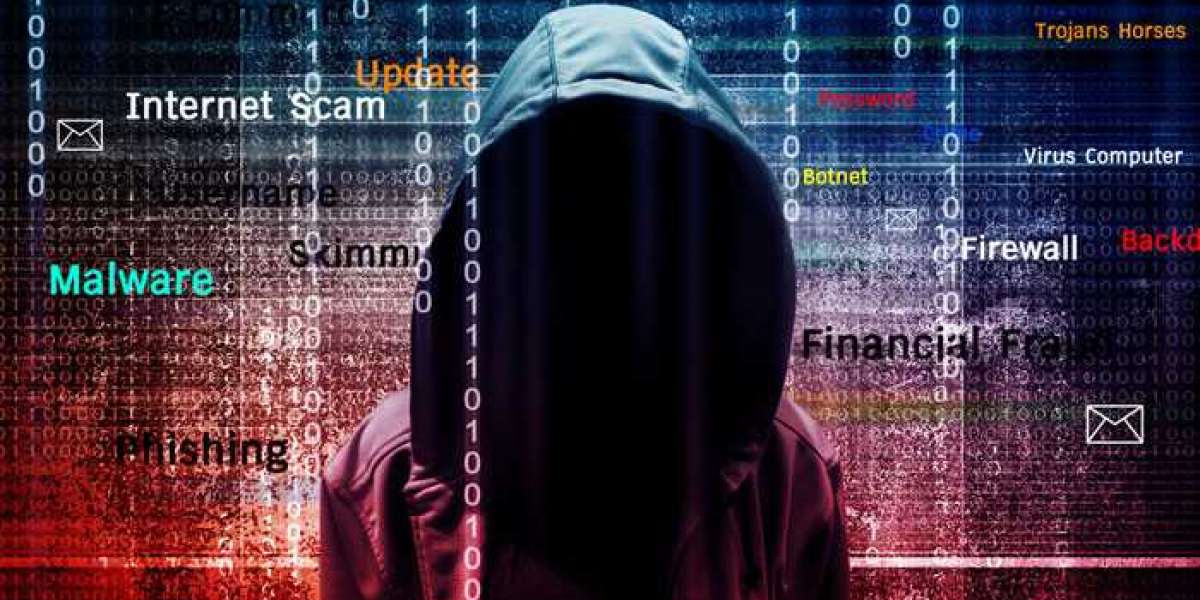2012 was supposedly the year of absolute destruction. But it seems like the terror, horror and visions of mass extinction was never false, only moved forward to the yer 2020. This year will be remembered as the most happening and notorious year.
As the coronavirus pandemic continues to disrupt global health, Hackers are targeting people's increased dependence on digital tools.
With digital communication multiplications, the Internet has almost instantly become the channel for the most effective human interaction and contact and the only means to support one another.
Surveys and reports say 71 per cent of those IT and security professionals who were surveyed reported an increase in security threats or attacks. Furthermore, 61 per cent of respondents said they were concerned about security risks.
Phishing attempts (which amount to about 55 per cent) and websites claiming helpful information on coronavirus (whooping 32 per cent) have emerged as the leading threats to the organisations, the respondents said.
These findings are a proof of the rapid changes to enterprise working practices, and display broader concerns about the pandemic. Cybercriminals exploit the weakness of a target (in this case could be an entire nation) and then step up their attacks, and generate a raft of new challenges for security professionals and ethical hackers.

A cyberattack can be deadlier than biological weapons or viruses as it deprives organizations or families any access to their devices or the data. In a worst-case scenario, broad-based cyberattacks could cause widespread infrastructure failures that take entire communities or cities offline, obstructing healthcare providers, public systems and networks.
4:04:28 PM







